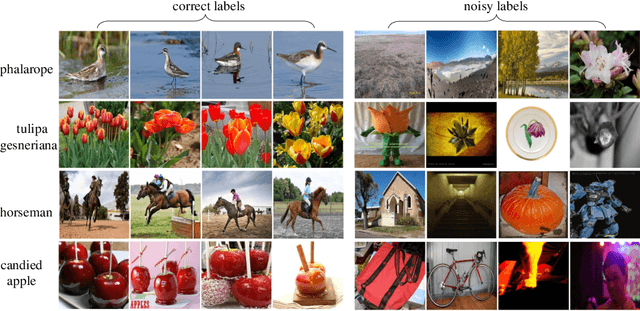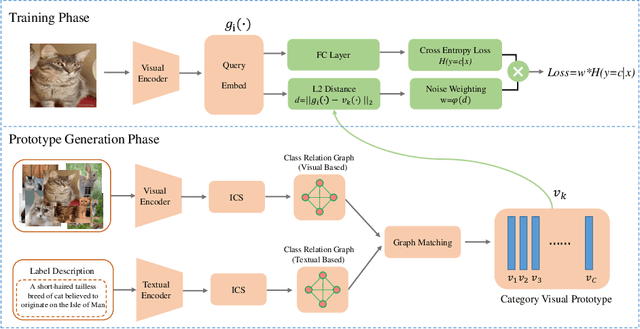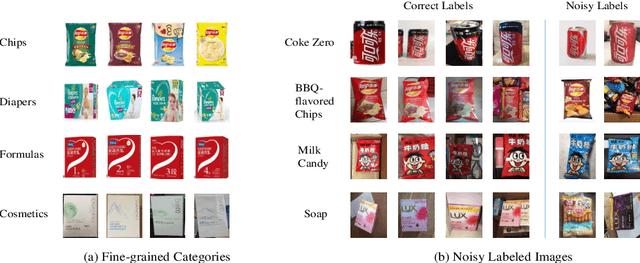Hong Shang
ASM: Adaptive Skinning Model for High-Quality 3D Face Modeling
Apr 19, 2023Abstract:The research fields of parametric face models and 3D face reconstruction have been extensively studied. However, a critical question remains unanswered: how to tailor the face model for specific reconstruction settings. We argue that reconstruction with multi-view uncalibrated images demands a new model with stronger capacity. Our study shifts attention from data-dependent 3D Morphable Models (3DMM) to an understudied human-designed skinning model. We propose Adaptive Skinning Model (ASM), which redefines the skinning model with more compact and fully tunable parameters. With extensive experiments, we demonstrate that ASM achieves significantly improved capacity than 3DMM, with the additional advantage of model size and easy implementation for new topology. We achieve state-of-the-art performance with ASM for multi-view reconstruction on the Florence MICC Coop benchmark. Our quantitative analysis demonstrates the importance of a high-capacity model for fully exploiting abundant information from multi-view input in reconstruction. Furthermore, our model with physical-semantic parameters can be directly utilized for real-world applications, such as in-game avatar creation. As a result, our work opens up new research directions for the parametric face models and facilitates future research on multi-view reconstruction.
Weakly Supervised Learning with Side Information for Noisy Labeled Images
Sep 04, 2020



Abstract:In many real-world datasets, like WebVision, the performance of DNN based classifier is often limited by the noisy labeled data. To tackle this problem, some image related side information, such as captions and tags, often reveal underlying relationships across images. In this paper, we present an efficient weakly supervised learning by using a Side Information Network (SINet), which aims to effectively carry out a large scale classification with severely noisy labels. The proposed SINet consists of a visual prototype module and a noise weighting module. The visual prototype module is designed to generate a compact representation for each category by introducing the side information. The noise weighting module aims to estimate the correctness of each noisy image and produce a confidence score for image ranking during the training procedure. The propsed SINet can largely alleviate the negative impact of noisy image labels, and is beneficial to train a high performance CNN based classifier. Besides, we released a fine-grained product dataset called AliProducts, which contains more than 2.5 million noisy web images crawled from the internet by using queries generated from 50,000 fine-grained semantic classes. Extensive experiments on several popular benchmarks (i.e. Webvision, ImageNet and Clothing-1M) and our proposed AliProducts achieve state-of-the-art performance. The SINet has won the first place in the classification task on WebVision Challenge 2019, and outperformed other competitors by a large margin.
 Add to Chrome
Add to Chrome Add to Firefox
Add to Firefox Add to Edge
Add to Edge